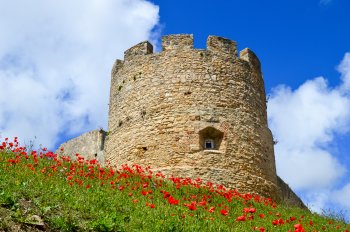Explore the best places
Monuments in Torres Vedras
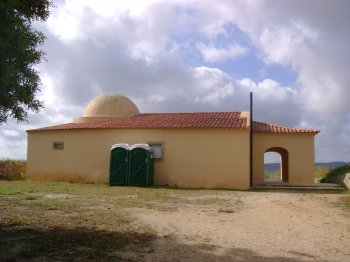
Igreja de Nossa Senhora da Luz
- heritage
Rua Monsenhor José Fialho
2560, A-dos-Cunhados
Temple interior with three ships. The body of the Church is covered with a tiled Ashlar seventeenth century carpet type. In a chapel and in the sacristy there are tiles from the 17th century.
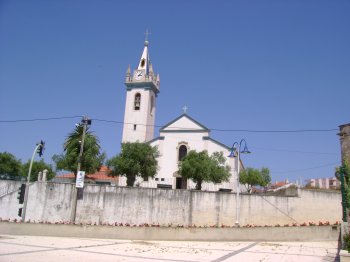
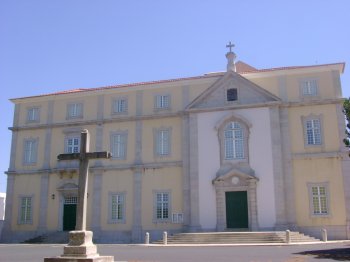
Igreja de São João Baptista
- heritage
Largo 25 de Abril
2565-735, Runa
The chancel is lined with 18th-century tiles illustrating scenes from the life of St. John the Baptist. Has an 18th century altarpiece and preserves 1468 panels and some ancient carvings.
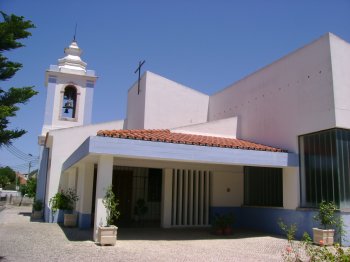
Capela da Nossa Senhora da Purificação
- heritage
Rua Nossa Senhora da Purificação
2565-195, Sirol
Chapel built in the 18th century, which presents, in its interior, a set of stucco work lining the walls and the vault. The ashlars of tiles of the late 18th century and an image of the Virgin with child.
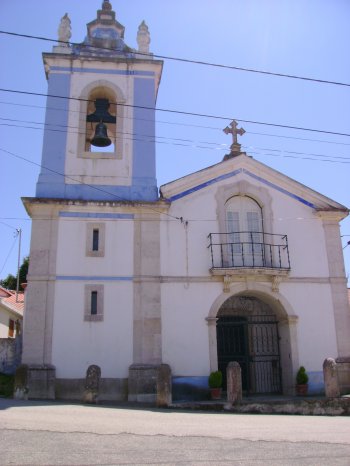
Igreja de São Pedro
- heritage
Largo de São Pedro
2560-633, Torres Vedras
This temple was reconstructed on the 16th century presenting a on the main façade a doorway with manueline and renaissance decoration topped by a royal escutcheon. The inside has three naves and the central nave roof is with a wooden tunnel vault and the lateral ones are crossed. It stands out the coverage from the 16th, 17th, 18th centuries glazed tiles and a fifteen hundreds grave.
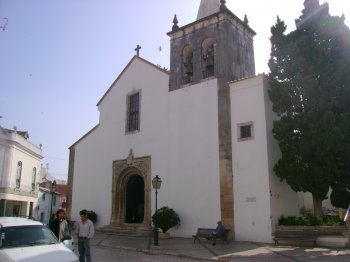
Igreja de Nossa Senhora da Oliveira
- heritage
Largo de Nossa Senhora da Oliveira, 8
2560, Matacães
The façade of the Church is from the 18th century, featuring an undulating gable and Bell Tower. The building is crowned by Baroque fogaréus. Inside, the nave, are the blue and white 1468.
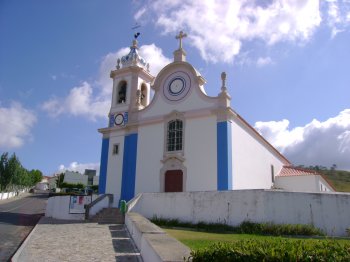
Convento do Varatojo ou de Santo António
- heritage
CM1058
2560, Varatojo
Convent founded by D. Afonso V, its current appearance is the result of the various modifications it has undergone. It has a Gothic portal, which includes bas-reliefs in a flamboyant style. The cloister mixes Gothic and Manueline elements, the pulpit is Mannerist and the altarpieces are Baroque in style. The space around the convent fence stands out, given the botanical value of its forest.
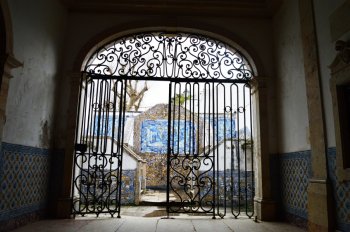
Castro do Zambujal
- heritage
Rua da Fonte, 33
2560, Torres Vedras
Castro do Zambujal is one of the largest Chalcolithic settlements in Western Europe. The fortification is strategically located on a plateau, at the foot of which runs the Ribeira de Pedrulhos, a tributary of the Sizandro River. The central nucleus of the village is characterized by walls with a thickness of more than 15 meters. It is denoted that it was a society that lived from cereals and cattle raising, and that knew how to smelt copper and market it.
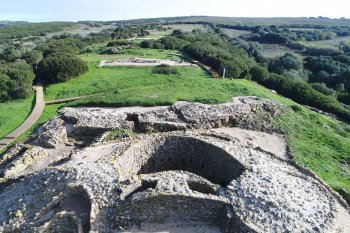
Castelo de Torres Vedras
- heritage
Largo Coronel Morais Sarmento
2560-602, Torres Vedras
Castle located on top of a hill, in an area surrounded by the village. The walls were raised by the Arabs and, later, D. Dinis expanded the fortification and D. Manuel ordered its reconstruction. This castle was part of the defensive system of Linhas Torres. Ruined by the 1755 earthquake, it still retains some sections of the wall and the large semi-circular turret that defended the entrance to the former Palace. Inside the wall, in an oval shape, there is a chapel, the citadel that includes the keep and three cisterns.
